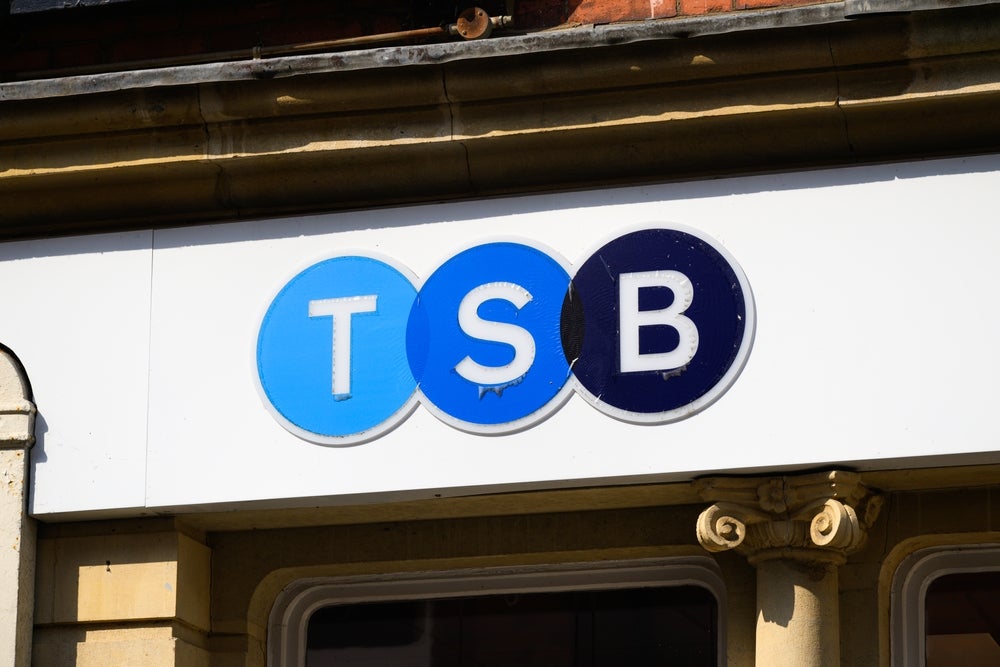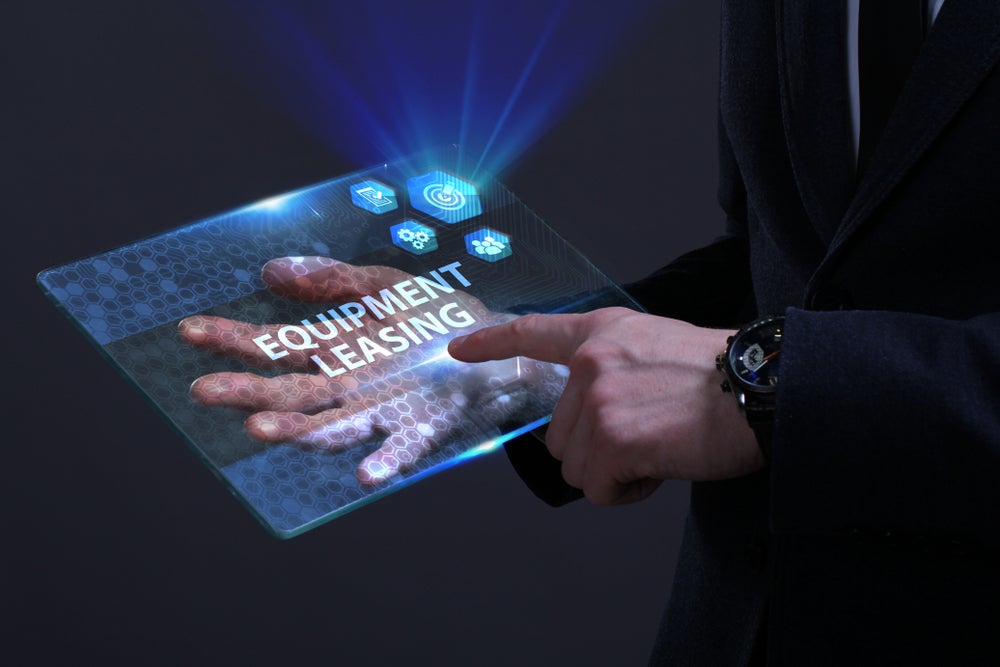
European lessors are awaiting the final version of the lease accounting standard – IFRS 16 – by the International Accounting Standard Board (IASB), which is expected to be released tomorrow.
The IASB first started looking at a new lease accounting standard in 2006, with a draft version issued in 2013, the last time the board consulted publicly on the proposals.
Leaseurope expects the final version to be very different from the draft issued in 2013, and said that it anticipates that the IASB has simplified the rules.
"Simpler rules are essential to ensure the new standard does not interfere with the ability of European businesses to invest using leasing," wrote the association.
Apart from simplification, Leaseurope hopes the IASB has found a better way to distinguish between leases and services.
Leaseurope found that European businesses are increasingly focused on the benefits they obtain from using equipment and vehicles.
How well do you really know your competitors?
Access the most comprehensive Company Profiles on the market, powered by GlobalData. Save hours of research. Gain competitive edge.

Thank you!
Your download email will arrive shortly
Not ready to buy yet? Download a free sample
We are confident about the unique quality of our Company Profiles. However, we want you to make the most beneficial decision for your business, so we offer a free sample that you can download by submitting the below form
By GlobalData"They are becoming less interested in the particular assets being used to deliver those benefits and for this reason distinguishing between leases and services is getting more difficult. A clearer and more meaningful solution to this problem will be essential to the success of the standard," said Leaseurope.
Leaseurope said it will review the new standard in detail to see if the IASB has delivered rules that will work in practice for European businesses. Leaseurope will also review the IASB’s cost/benefit analysis to ensure it properly reflects the extra costs for businesses that invest using leasing and does not overstate the benefits to users of accounts including investors.
Enrico Duranti, chair of Leaseurope said: "Leasing delivers very significant real economic benefits to millions of European businesses and changing the accounting treatment should have no impact on this. However, it has been three years since businesses have had a chance to review the new rules and they have changed a great deal in that time. Leaseurope will be reviewing the new Standard and the cost/benefit analysis in detail and providing our feedback to EFRAG, but it’s important that European companies that lease property, equipment or vehicles also alert EFRAG and the European Commission if they see any problems."







